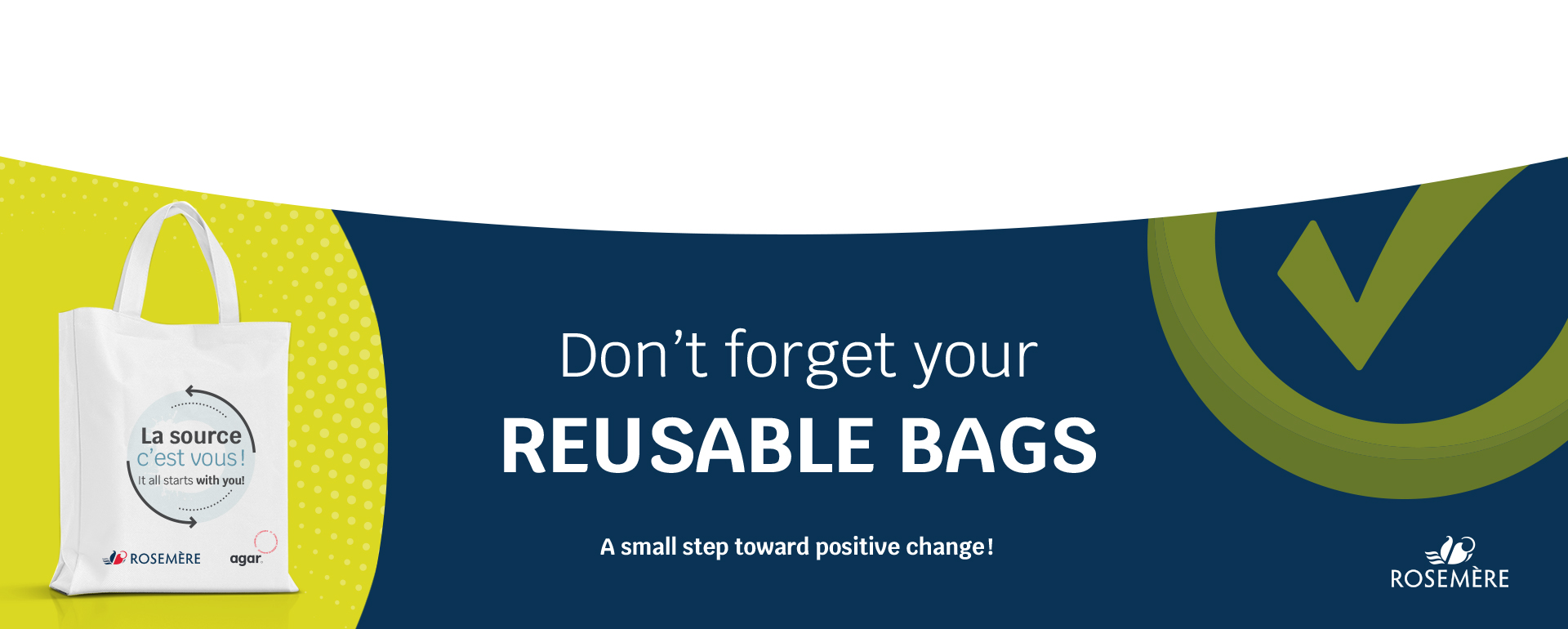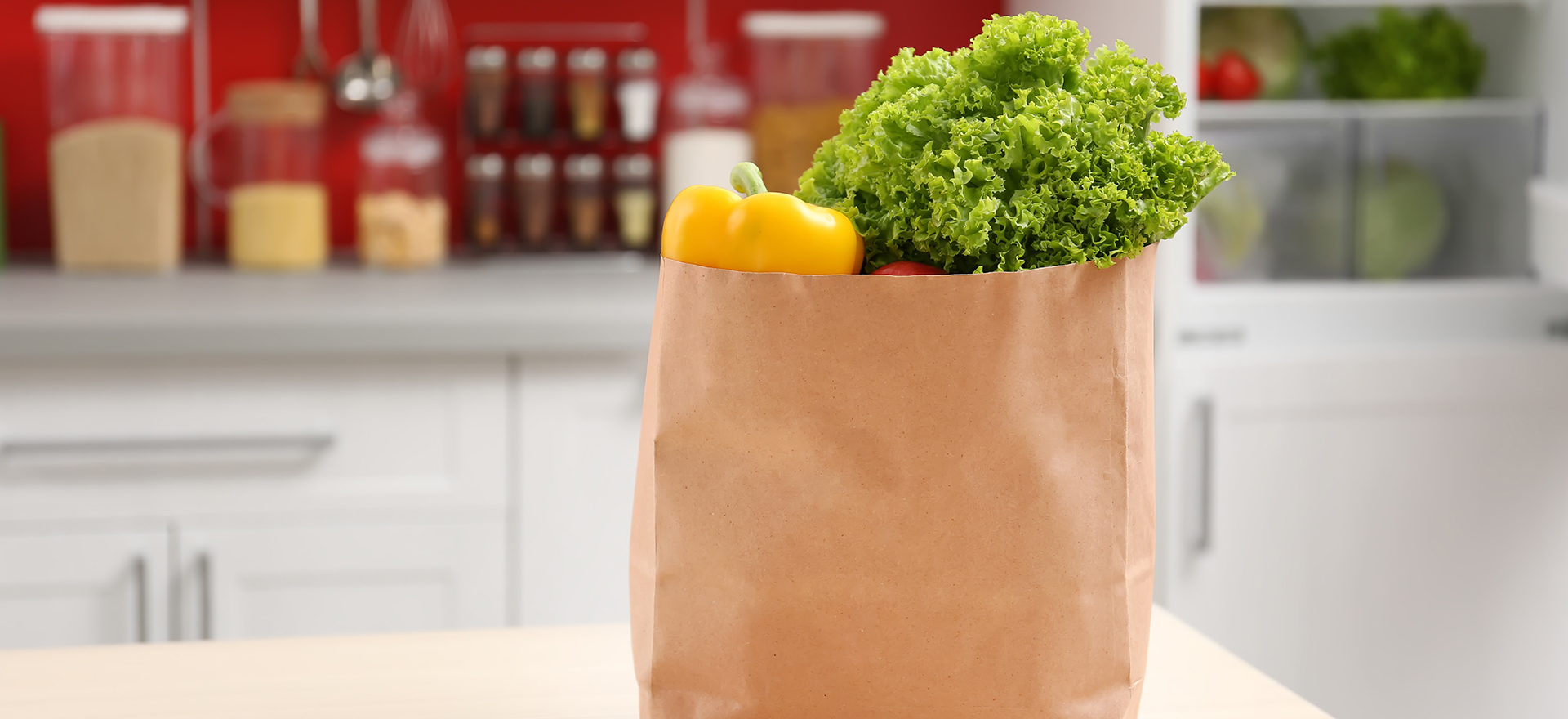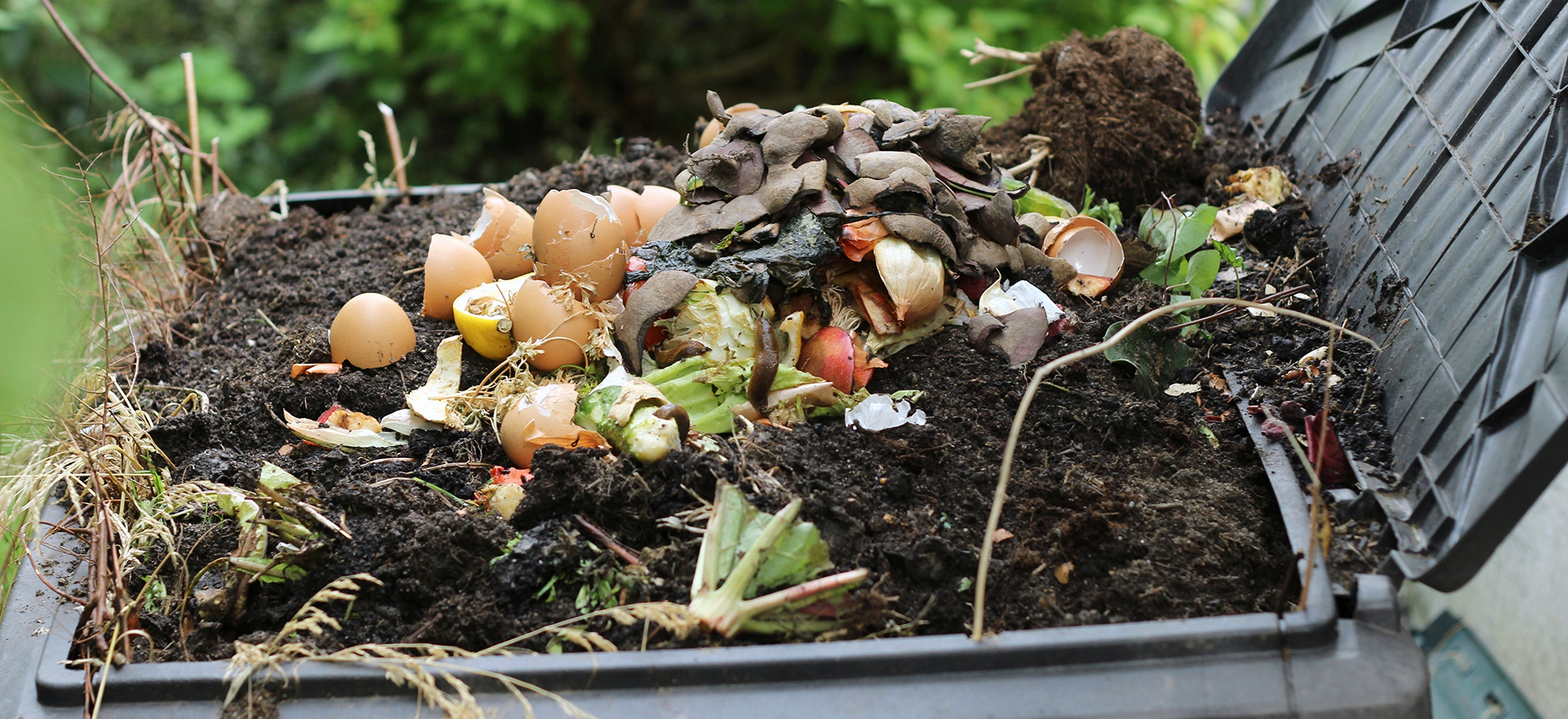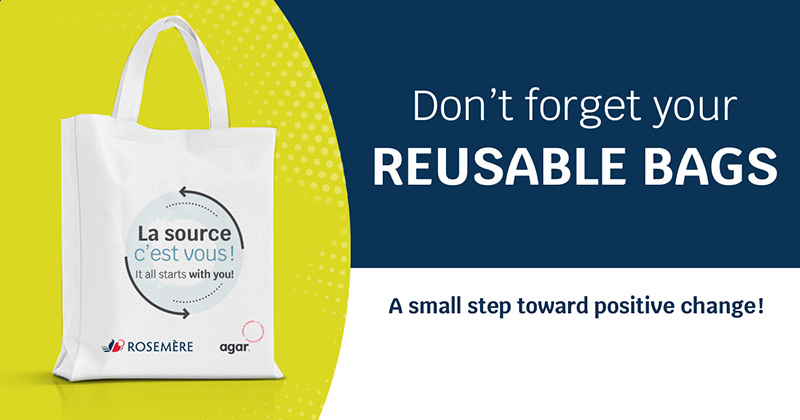At the present time, between 1.4 and 2.7 billion shopping bags, mainly plastic ones, are distributed every year in Québec. Only 14% of these bags are recycled. The purpose of banning single-use plastic bags is to reduce the impact of plastic bags on the environment.
Impact of plastic bags:
- Lost plastic bags are a visual nuisance.
- They have significant impacts on terrestrial and marine ecosystems.
- They can take up to 1,000* years to decompose.
- Their production requires petroleum products as well as water and generates greenhouse gases.
The purpose of the Bylaw is to promote the principle of reducing, at source, the waste materials generated by shopping bags. “Reduction at source” therefore means cutting down on the volume of waste materials generated by the production of shopping bags, both in terms of resource consumption (oil, water, plastic) and environmental impacts (production of greenhouse gases, etc.).
*Source of data: Communauté métropolitaine de Montréal





